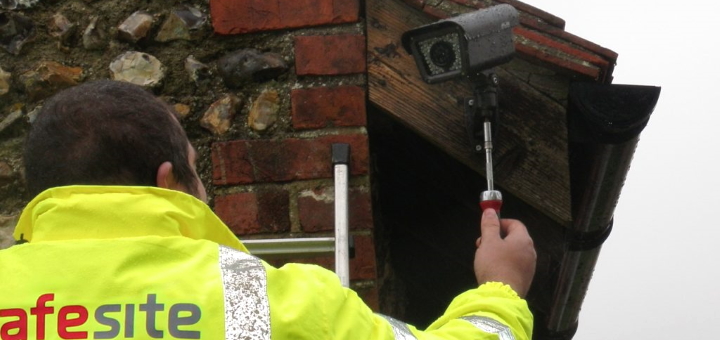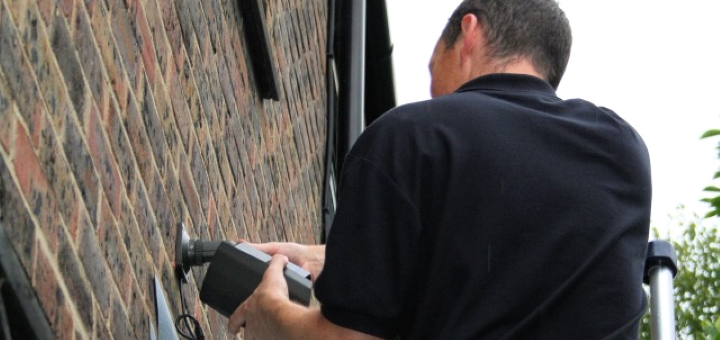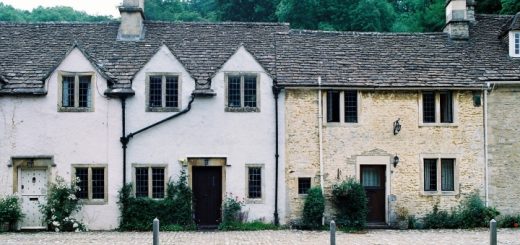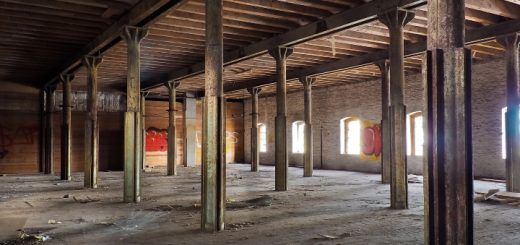Regulations on installing CCTV at home

Do I need permission to install home CCTV?
A domestic CCTV system involves the use of any video surveillance equipment mounted or fixed on your home, including cameras fitted to doorbells.
There are only a small number of instances when you would need permission to install such a system, such as if your property is listed or you rent your home.
If any part of your property is listed, then you will need to check with the relevant historical building’s body (such as Cadw in Wales, NHLE in England, HERoNI in Northern Ireland, or HES in Scotland), and complete planning applications for this. If your home is rented, you will need to seek the landlord’s permission to install CCTV.
Data protection laws
If you install CCTV in your property, and it captures images outside the boundary of your private domestic property, you do need to ensure you comply with data protection laws.
Private domestic property means the boundary of the property where you live. This includes the garden. If your CCTV does not capture any images beyond this area, you do not need to comply with data protection laws.
If you have a CCTV system that could capture images outside your property, whether that’s a public footpath, neighbour’s property, road or any other shared space, you are considered a ‘Data Controller’. This means you need to comply with The General Data Protection Regulation (GDPR) and the Data Protection Act 2018 (DPA18). The Information Commissioner’s Office (ICO) regulates and enforces GDPR and the DPA.
Essentially this means that, as someone who handles data, you are responsible for keeping it safe. In terms of CCTV, you need to make sure you don’t capture more footage than you need to and any footage you do capture needs to be secure. You must only keep footage for as long as you need it and delete it regularly.
It’s also important to let people in the vicinity know that you have CCTV in place. Make sure you inform your neighbour(s) about your system and put up a notice to say that recording is taking place.
Before you install a CCTV system that captures images beyond your property boundary, you need to think carefully about why you are doing so. You need to have a clear and justifiable reason for it so that if you are asked by one of your neighbours or the ICO, for example, you can explain it clearly. Write your reasons down and also write down why, in your opinion, being able to capture these images is more important than the invasion of privacy to your neighbours and other passers-by.
Don’t forget to think about any family members or other people you live with when it comes to the data captured by your CCTV system. Make sure they know it must not be used for other reasons beyond your original intention for installing the system. Images must not be shared on social media, for example.
Data protection rights

Fitting a CCTV system
The people whose images you capture have data protection rights. This means you must allow them access to any personal data you hold about them if requested. This is called a subject access request (SAR). Whether they ask verbally or in writing, you must respond within a month and give them a copy of the recording.
You must also delete this data if they request it. If you believe you have a good reason for keeping this data, tell them this. They can challenge this in court or complain to the ICO.
Remember, you are responsible for your CCTV system. You must make sure it is installed correctly, ideally by a professional company, and that the information is not used for any purpose except for protecting your property. Read the manual carefully or ask your installer to go over it with you thoroughly.
Check your system regularly to make sure that it is working and also that the position of your device still captures the right images to minimise privacy intrusion.
When it comes to the data recorded on your system, you are responsible for this as well. The date and time need to be accurate and you need to delete all information once it is no longer required. Keep access to any recordings to a minimum.
It’s vital that you comply with data protection regulations and minimise the amount of recording taking place outside of your private domestic property. If you don’t you may be subject to regulatory action by the ICO, as well as potential legal action by anyone captured on your system. Only install the system if you have a justifiable reason for doing so and make sure you regularly check that it is only being used for this purpose.









